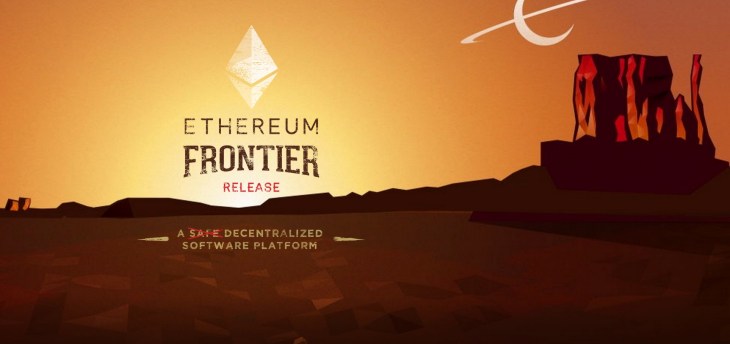The Ethereum project and ConsenSys, the company created by one of the project’s co-creators, have received a huge vote of approval from one of the world’s biggest enterprise software providers — Microsoft. The company will be working with ConsenSys to provide development tools for Microsoft’s enterprise customers on the Azure platform.
“Focusing on financial services we saw a lot of potential for a framework and platform like Ethereum to go across the platform of financial institutions and modernize a lot of processes that were stuck in the past,” says Marley Gray, Director of Technology Strategy, US Financial Services at Microsoft. “We thought that Ethereum was a really good platform for building distributed ledger applications.”
Unlike bitcoin-based blockchain applications (and companies like Chain that are developing projects on top of bitcoin) Ethereum uses a different token called the Ether.
“Bitcoin offers one functionality which is the monetary functionality. Because it’s a very narrow protocol… it’s difficult to build arbitrarily difficult functionality into the program,” says Joseph Lubin, the founder of ConsenSys, and a major supporter of the Ethereum Foundation.
With Ethereum, there’s a complete computational machine running within every node of the network, Lubin says.
Funded through a crowd-sale, more than 9,000 transactions were made to acquire Ethereum from buyers consisting mainly of software developers, says Lubin.
Those developers bought tokens that can be used to build software products. The Ethereum platforms requires developers to spend very very small amounts of the tokens to pay for computational steps.
With Microsoft’s Azure, developers can create applications that run on semi-private or private networks that won’t cost anything.
“At some point you can spin up a public node and in the integrated development environment you can click one button and deploy your debugged program to the public Ethereum blockchain,” says Lubin. “And that will cost you about 2 cents or 5 cents worth of Ether and then your application is deployed. People using your application may spend a penny or less than a penny to interact.”
Potential applications could include a consortium of banks spinning up a consortium for options trading or a settlement exchange.
Microsoft is working with ConsenSys, but the company is not acquiring Ether, says Gray. “We are simply providing a platform for customers along with ConsenSys.”
For its part, ConsenSys has developed a number of projects already in what Lubin calls a hub and spoke system.
The company’s spoke ventures range from the faintly ludicrous, like DAOWars, where human players design autonomous agents to outfight and outwit other agents created by competitors, to the sublime (like GroupGnosis, which creates a platform for prediction markets, or EtherSign, a cryptographic tool for managing and signing documents).
The first fruits of this collaboration between Microsoft and ConsenSys will be released at the Ethereum developers conference in London.
